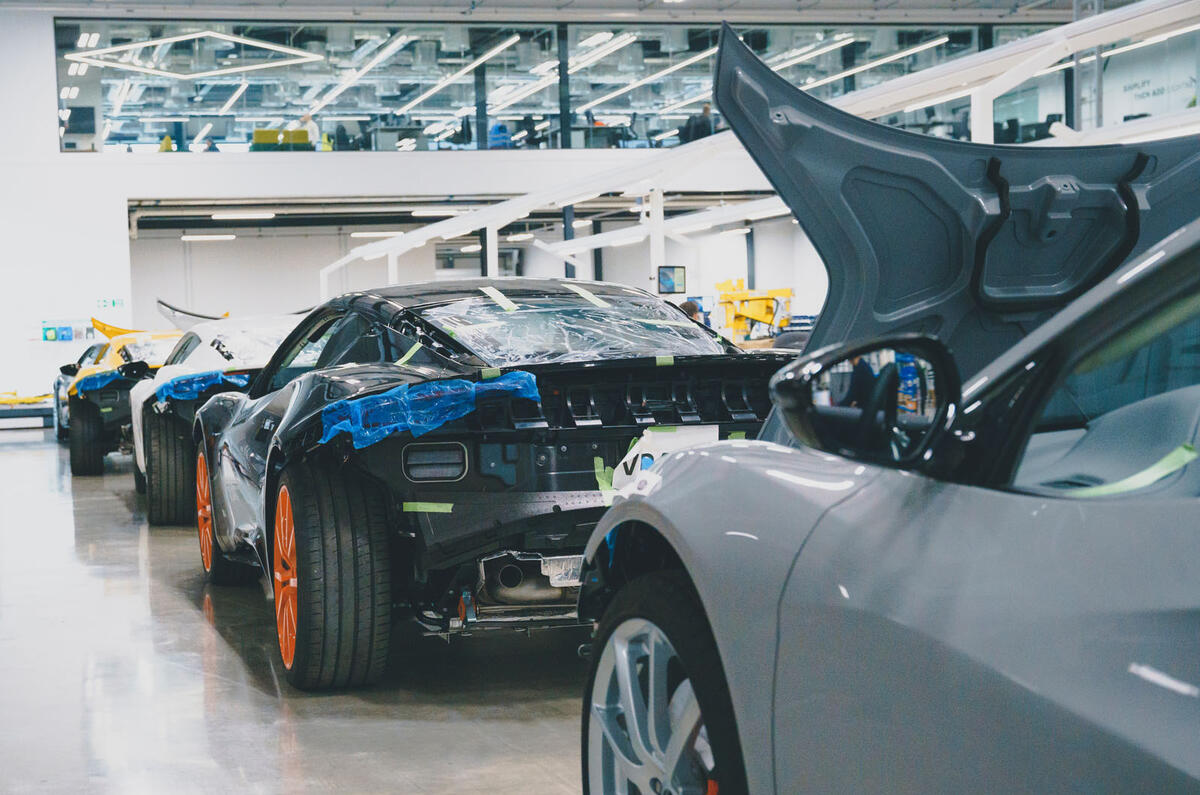The relief that followed the government’s announcement that the UK was first to agree a deal with the US to lower the worst of president Donald Trump’s tariff hikes on imported cars has been tempered by concern in the industry that the details are still hazy.
The so-called US-UK economic prosperity deal agreed that the tariffs of 27.5% on UK cars imported to the US would be cut to 10% on a maximum of 100,000 cars per year.




Add your comment